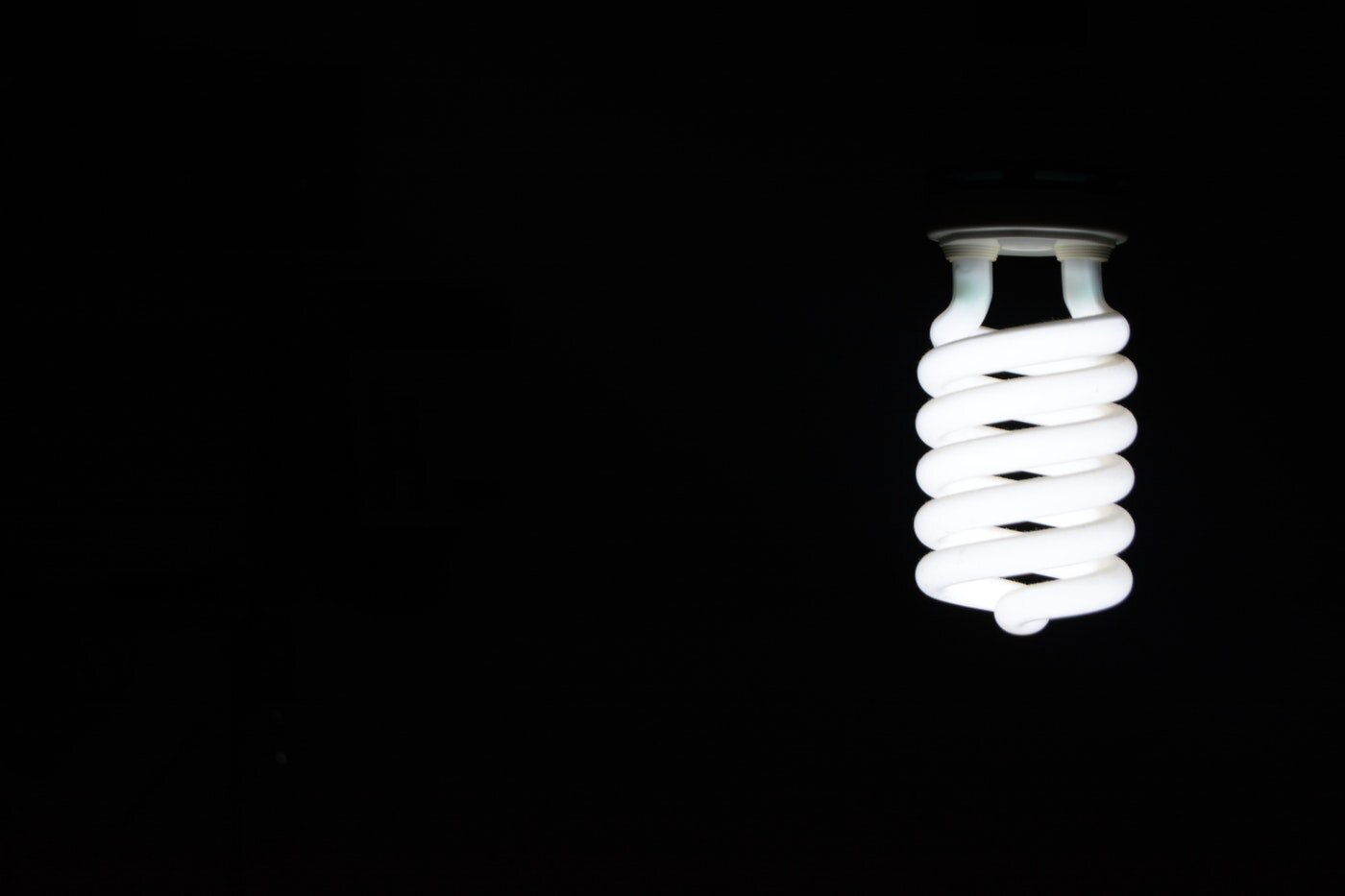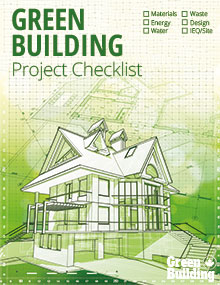Saving energy in your business establishment means saving money in your pocket. The more you can save from your electricity consumption, the more you can save and earn from your business.
If you are a business-minded person, you probably think about saving energy in your business all the time. Here are some energy-saving tips you can apply to lower your business’ electricity bill to help you ease your mind.
Consider LED Light Bulbs
LED light bulbs are the new energy-saving alternative to incandescent bulbs. Natural Resources Canada explains that with incandescent bulbs, “only 5% of the energy used is to produce light and the balance is wasted in heat.” LED light bulbs convert much more of their energy to light. By choosing LED light bulbs, you can save up to 75% of the energy used by traditional light bulbs.
Aside from saving energy, LED light bulbs tend to be cooler as so much less of the light bulb’s energy becomes wasted as heat. The lower emission of heat from the light bulb can help keep a room cool, compared to traditional light bulbs.
LED light bulbs will only need minimal power compared to traditional light bulbs. Nowadays, LEDs have gotten so efficient that they use 1/7th the amount of energy as an incandescent bulb or for some brands, even less. In addition to efficiency, LED light bulbs also help reduce greenhouse gas emissions since they demand less energy from the power plants.
Turn Off Devices Not in Use
The straightforward and obvious thing to do to save energy is to turn off appliances, lights or any devices that run with electricity when not in use. You have to establish this practice for yourself and your employees.
As the owner of the business, you have to be the role model for your employees. Create a strict rule in terms of unnecessary usage of electricity. Equipment such as printers, air conditioners and vending machines still use up electricity if left plugged in. You have to make sure that all equipment, including the ones mentioned, will be unplugged over the weekend.
Install Solar Panels
Although electricity rates for commercial properties differ widely, installing a solar panel will further lessen your electricity bill regardless of the rate you’re currently receiving. It’s an investment in an energy-efficient building that’s well worth making.
Solar energy is renewable, clean, and best of all, it is free. You will pay a one-time charge, which is the installation fee. After installing, you only pay the maintenance fees and not for the energy itself. In fact, there are many kinds of incentive systems offered federally and through the provinces and territories that can help to offset the costs of going solar.
Maintenance of solar panels does not require much work. Maintenance mainly includes cleaning the panels from dirt and leaves that may obstruct sunlight absorption for energy conversion. The only extensive maintenance you would do in a solar panel is during heavy snowfall. A solar panel can last up to 25 years, which makes the initial cost worth it.
Manage your Heating and Cooling System Properly

Perform regular preventive maintenance on your HVAC system and equipment. Clean your air filter every month and change it when necessary. Check pipings, air ducts, fittings, coils, and units for leakage and repair immediately once detected.
Aside from regular maintenance of your heating and cooling system, controlling it can also impact your energy consumption. Turning your thermostat back 4-6°C (7-10°F) “from its normal setting” for 8 hours a day “can save as much as 10% a year on heating and cooling,” according to Energy.gov.
Purchase Energy-Efficient Pieces of Equipment
Although energy-efficient equipment might cost you more than standard equipment, it can save you more over the years. When purchasing appliances for your business, always choose Energy Star rated products as they offer energy-efficient equipment.
Energy-efficient equipment not only helps reduce electric bills but also helps reduce greenhouse gas emissions. Investing in energy-saving devices will give you a better return on investment in the long run.
Make Use of Natural Light
If possible, make good use of natural light most of the time during business hours. You can install glass windows to make sure the sunlight will help you brighten your space. Try to minimize the usage of artificial light as much as possible.
You can have more mirrors or any shiny surfaces reflecting the natural light coming in from the windows. Choose a lighter paint palette for your space and add skylights to make sure you can use the natural light to its maximum.
Do an Energy Audit
Of all the energy-saving tips we’re offering you, this one is the most important to start with. An energy audit provides important information about the overall energy consumption of an organization. It includes past and current energy consumption and helps identify areas that cause energy wastage.
An energy audit is best to be performed by an accredited energy auditor to ensure a more accurate result. Energy auditors will work with their clients to ensure energy savings will be achieved.
Takeaway
As a business owner, you can’t always take advantage of advanced energy-saving technologies, but these simple tips can help your business run more efficiently and be more eco-friendly. Saving more from electricity means more saving on your money that you can use for other more important things. You can use the extra money you saved by following these energy-saving tips to finance your business expansion.
Feature image: Mohamed Khaled; Image 1: Lisa Fotios


